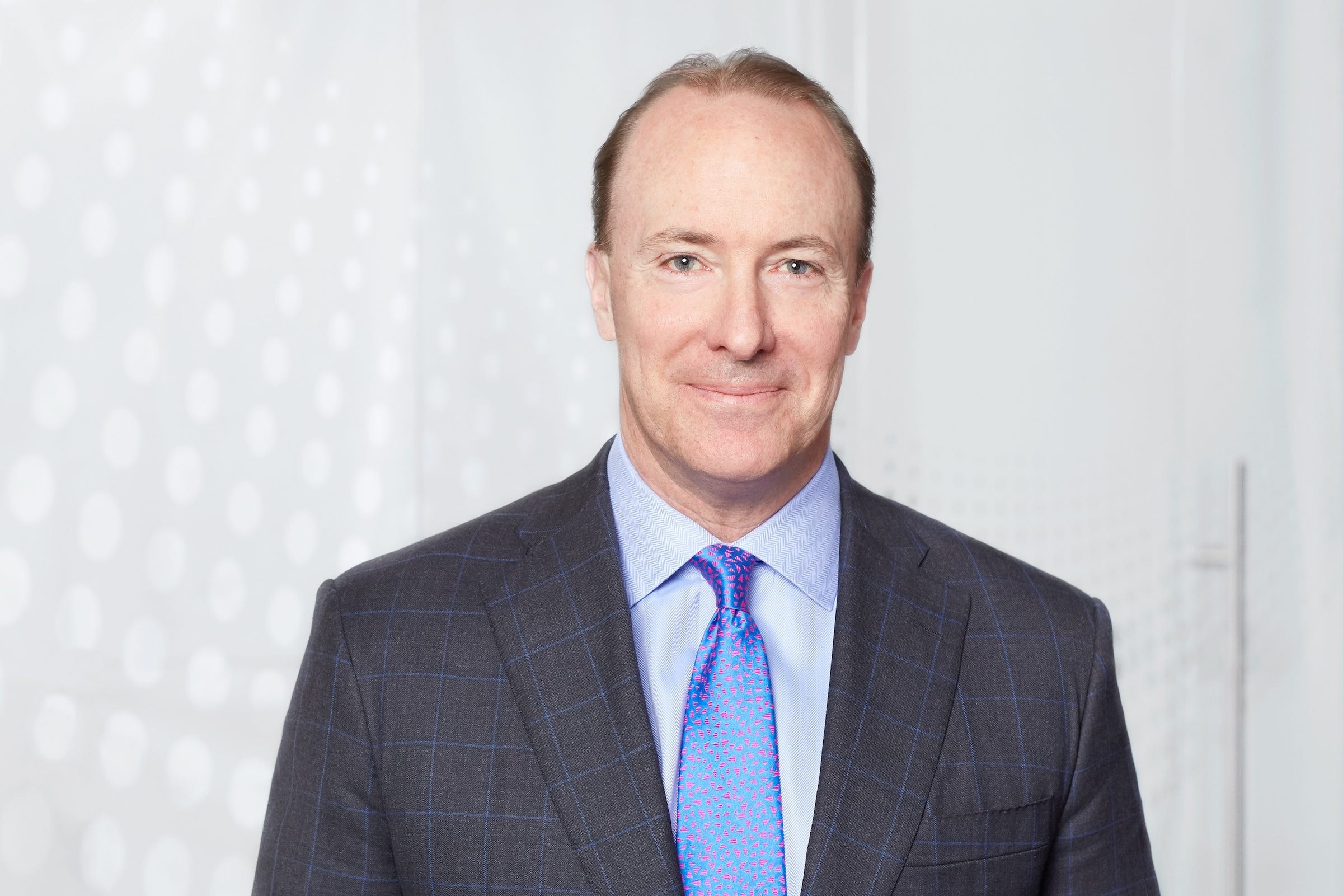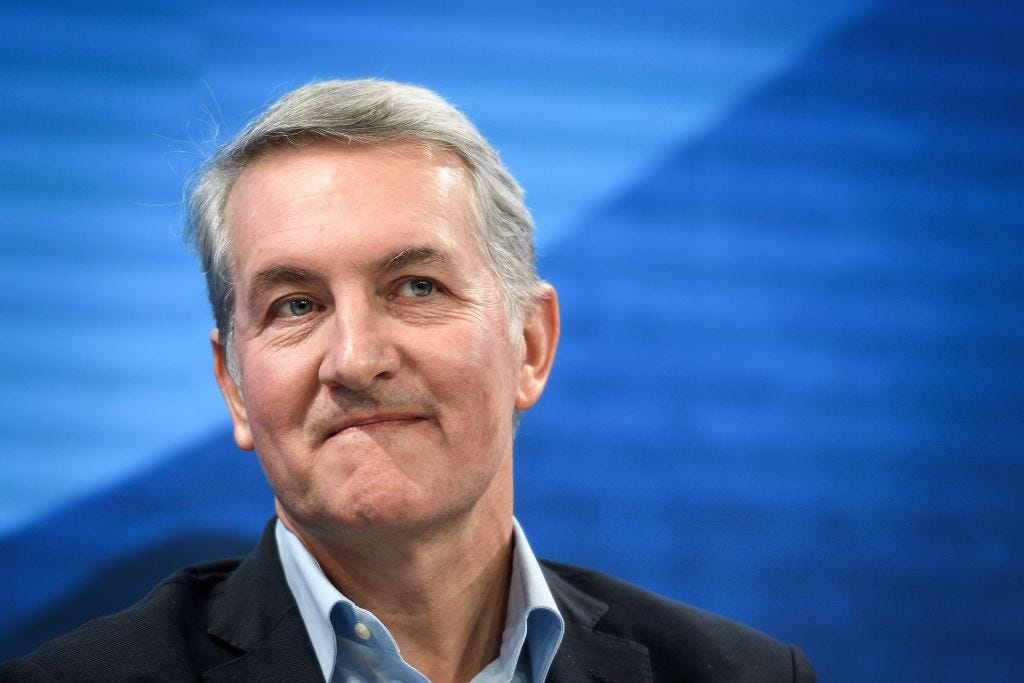
Russell Reynolds
- Clarke Murphy is a CEO recruiter and adviser for Fortune 500 companies.
- He said board rooms are looking for leaders with a high "LQ" or learning quotient.
- Having high "LQ" means you're able to adapt to change quickly.
- This article is part of a series called "Secrets of Success," which examines specific leadership tips from prominent business leaders.
For over three decades, Clarke Murphy has helped the biggest companies name their next CEO. For the last eight years, as the CEO consultancy Russell Reynolds, Murphy has advised more than 30 Fortune 500 CEO appointments and over 60 board appointments at companies that will remain unnamed due to privacy agreements.
While Murphy's advice spans multiple industries including finance, retail, and technology, he's found that boardrooms and executive committees today are looking for leadership candidates with one particular trait in common: a high LQ – a person's willingness and ability to adapt to change.
"CEOs are not paid to have all the answers," Murphy told Insider. "Today, it's about your ability to be agile."
The events of 2020 forced leaders to double down on this trait, the CEO adviser explained. Many corporate executives had to move their employees to remote work in a matter of days and ensure their workers were safe. Weeks later, they had to respond to demands for racial equity amid nationwide protests with statements and pledges. The role of the CEO changed, and leaders have had to adapt.
"What the COVID pandemic has brought on is the need for pretty rapid transformation," he said. "Leaders not only have to have emotional intelligence, they have to have LQ, the ability to learn, listen, watch, and communicate transformation."
How to develop LQ
To develop your own sense of LQ, Murphy recommends professionals ask their bosses for feedback, explore how they can improve work for their direct reports, and think about the problems their consumers face.
Ask your boss where you feel you could grow personally and professionally. Having this understanding will help you focus on how to become a better leader, Murphy said.
"You want to show that you're always learning," he said, "that you're always improving."
The second is to explore the obstacles your direct reports encounter at work, in order to make your organization more efficient. According to Murphy, this will help you lead transformation within your company.
Lastly, Murphy recommends that managers keep a pulse on the issues their customers care about, like reducing pollution or increasing data privacy, so they can develop innovative products.
"Successful leaders of the future will know these three things," Murphy said. "They'll know where they can grow and innovate to help their stakeholders."
The PepsiCo case

Fabrice Coffrini/AFP via Getty Images
In addition to the transformation exhibited by corporate leaders during the pandemic, one CEO, PepsiCo's Ramon Laguarta, stands out to Murphy for his ability to be agile.
Laguarta has grappled with rapidly changing consumer habits that pose a threat to the company. People are looking for healthier food options and environmentally friendly products. That's a potential risk for a company that sells snacks and plastic bottle products.
In response, Laguarta doubled down on a decades-long effort to cut calories in its products and engineer new, healthier ones. In the company's 2021 statement to investors, the Pepsi CEO spoke about the company's "special focus on no sugar beverages" and its continued efforts to "reduce added sugars, sodium and saturated fat in many of our products."
He also announced the company's goal to cut greenhouse gas emissions by more than 40% by 2030, and has launched new climate-friendly agricultural projects. All the while, the company's stock has been on a generally-upward trajectory.
"Laguarta has really been able to usher in change," Murphy said. "He's an example of truly embracing transformation."
More CEOs will be tested on their LQ as the climate crisis worsens, Murphy added. Investors and consumers will want leaders who are able to respond to environmental, social, and good governance (ESG) issues like the need for more transparency around diversity efforts as well as carbon-cutting measures.
"I think the great leaders of the future will balance operational profit with sustainable leadership," Murphy said. "They'll adapt to changing times."
Dit artikel is oorspronkelijk verschenen op z24.nl


